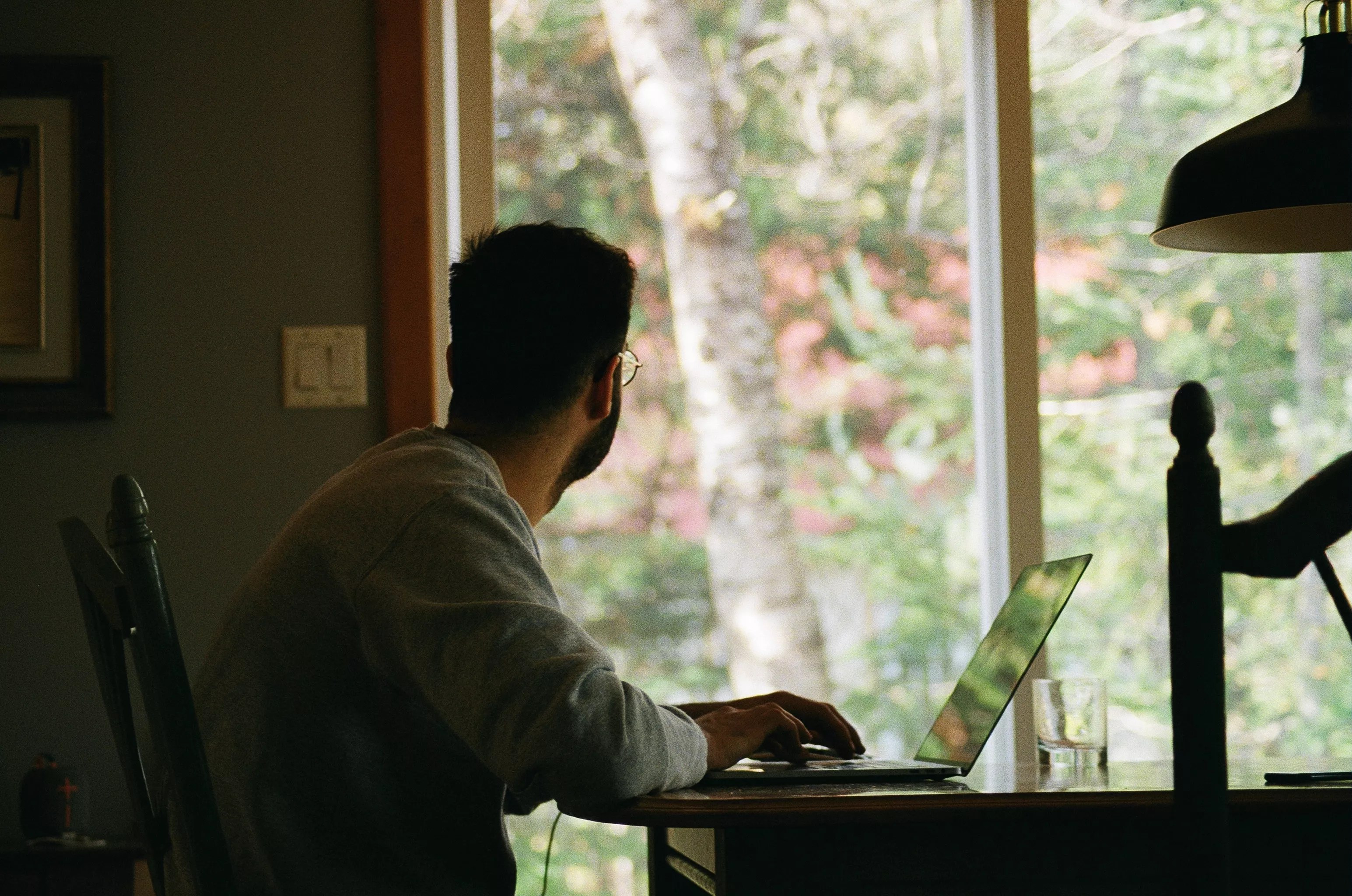
Audio By Carbonatix
After the pandemic landed in the United States, many Americans got used to working from home. Companies went remote to reduce the risk of transmission, with some adopting a new business model virtually overnight.
Now, two studies show that North Texas employees have it especially good when it comes to clocking in from a home office.
Dallas is the No. 2 best city for remote positions, according to a press release by gaming website MrQ. They analyzed 15 American cities to learn where the highest number of remote job opportunities are as part of a broader study on the best cities worldwide for introverts.
With 106,831 work-from-home jobs offered, Dallas ranked just behind New York City’s nearly 110,400 positions. After that came Washington, San Francisco and Chicago at Nos. 3, 4 and 5.
Other global metros fall well behind Dallas in terms of remote open positions, including London (14,868), Toronto (9,122) and Abu Dhabi (193).
Dallas also was rated No. 14 in the study for best global cities for introverts, which measured other factors such as percentage of gamers, average Wi-Fi speed, numbers of public libraries and walking trails/parks. Tokyo earned the top prize.
Meanwhile, the folks over at personal finance website WalletHub have similarly ranked the best states for remote work. Even after the vaccine was widely available and the country reopened, around one in five jobs were still remote at the start of the year.
Texas came in at No. 7 on a list of best states for working from home. New Jersey scored the gold and Alaska came in dead last. But although we didn’t even break the top five overall, the Lone Star State ranked first in terms of living environment.
WalletHub notes that good conditions for remote work include comfort, low costs and a high level of security. They also considered factors such as electricity and internet expenses, plus the share of employees punching in from home.
“Happier workers are usually more productive workers.” – Stuart Eimer, associate professor of sociology, Widener University
Of course, not all jobs can be done from the living room, notes Susan Bisom-Rapp, a professor at the California Western School of Law. There’s an education and class divide when it comes to working from home, since many without a college degree may not be eligible for the same higher-skilled remote jobs.
Bisom-Rapp told WalletHub that many employees have devised effective routines in their at-home space and want to continue their remote work schedule for at least some of the time.
Plus, work-from-home alternatives are good for the environment in that they cut down on pollution-inducing commutes, she said. On the downside, bosses should remain vigilant against cybersecurity threats.
Remote work is good for family commitments as well as the pocketbook because it lowers expenses tied to commuting and work wardrobe, she continued. It’s also beneficial for pregnant workers, who no longer have to face in-office bias, and cuts back on distractions from colleagues.
Even employers stand to benefit, Bisom-Rapp said: “Work from home can lower the expense for companies by eliminating the costs associated with maintaining brick-and-mortar facilities.”
There are some downsides to remote working, though, said Stuart Eimer, co-chair of Widener University’s sociology department. For some, working from home can be lonely and isolating. Zoom meetings aren’t a real substitute for in-person interactions.
It can also lead to later office hours because the line between work and home is more blurred, disrupting one’s job-family balance, Eimer told WalletHub. That could partly help to explain why many industries found that productivity hasn’t decreased.
Mayors in certain cities are also asking bosses to entice workers to go back because of the ripple effects it has had on surrounding businesses, Eimer said. Restaurants, mass transit, flower shops and other local stores have suffered from a drop in daily traffic.
Even though water-cooler chatter has taken a hit, remote work has been good for many companies and employees during the pandemic. “There was no time wasted commuting, and many workers reported being happier with the flexibility that working from home provided,” he explained. “Happier workers are usually more productive workers.”
